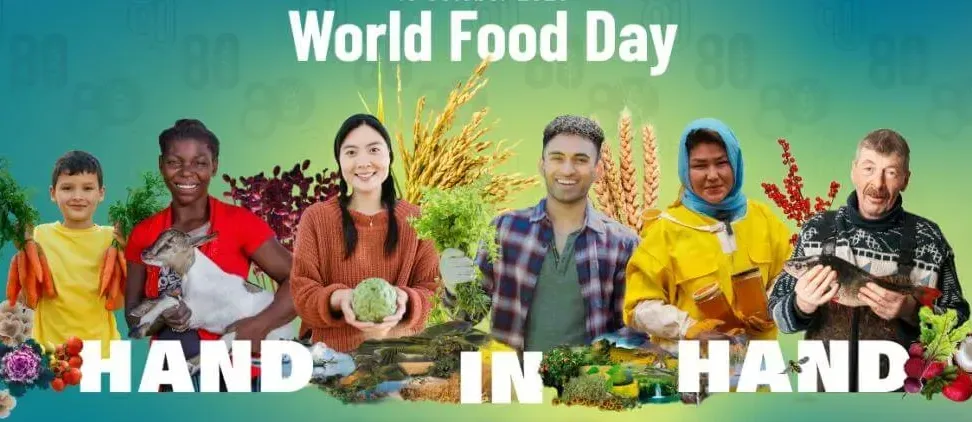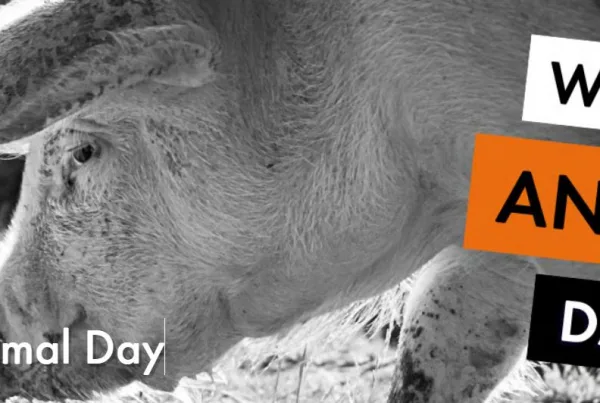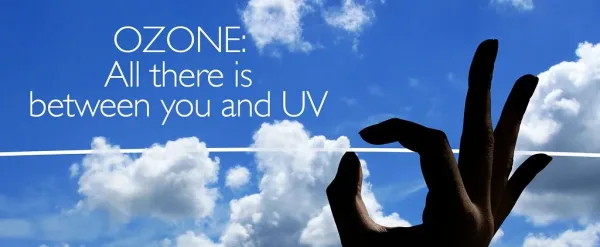World Food Day, marked each year on October 16, takes on special meaning in 2025, as it celebrates the 80th anniversary of the Food and Agriculture Organization (FAO). This year’s theme, “Hand in Hand for Better Foods and a Better Future,” captures both the spirit of collaboration and the urgency of transforming our food systems.
Where it began
World Food Day traces its roots to 1945, when the FAO was founded in the aftermath of World War II, a time when food scarcity was a global wound. The official celebration began in 1981, driven by the conviction that food was not just a commodity but a fundamental human right. Today, more than 150 countries observe the day, uniting under the shared goal of ending hunger and promoting sustainable agriculture.
Why it still matters
Eighty years later, the paradox remains: the planet produces enough food to feed everyone, yet millions suffer from hunger and malnutrition. The barriers are not merely agricultural they are political, economic, and ecological. Conflict cuts off trade routes. Climate change withers crops. Food waste piles up in some places while famine stalks others. The day reminds us that hunger is not a shortage of food, but a shortage of fairness, vision, and shared purpose.
A story of hope
Amid global challenges, there are reasons for optimism. In Madagascar, farmer and community leader Rasoaniaviana Clarette turned a patch of poor soil into a haven of nutrition. Drawing on climate-resilient farming techniques, she and 24 women diversified crops like moringa and pumpkin to fight malnutrition in their village. Half of each harvest supports families’ diets, while the rest funds local education a living example of what “better foods and a better future” looks like when empowerment meets ingenuity.
Why it should matter to all of us
If Jane Goodall taught us anything, it’s that every living system is connected; that the wellbeing of people, animals, and the Earth form a single, fragile thread. Her life’s work reminded us that “only if we understand, will we care; only if we care, will we help; only if we help, we shall be saved”. Even in her final reflections, she urged us to remember that each person matters and that every action, however small, ripples outward: “You may not know it, you may not find it, but your life matters, and you are here for a reason”. Her hope was never naïve it was a discipline, a deliberate choice to act with compassion and courage in the face of uncertainty. To honour her legacy this World Food Day is to carry forward that belief: that the simple act of caring, for our soil, our food, and one another can still change the course of the world.
What we can do
-
Support local and seasonal food systems that cut emissions and boost local economies.
-
Reduce food waste, one-third of produced food never gets eaten.
-
Advocate for policies that protect small farmers and promote fairer food distribution.
-
Celebrate and learn from local food heroes, whose quiet leadership reshapes entire communities.
This World Food Day, as FAO opens its Food and Agriculture Museum and Network (MuNe) in Rome, we’re asked not just to commemorate progress, but to recommit to it. The theme “Hand in Hand for Better Foods and a Better Future” is not a slogan; it’s a moral compass. The harvest of tomorrow depends on what we sow together today.
Home | World Food Day | Food and Agriculture Organization of the United Nations







